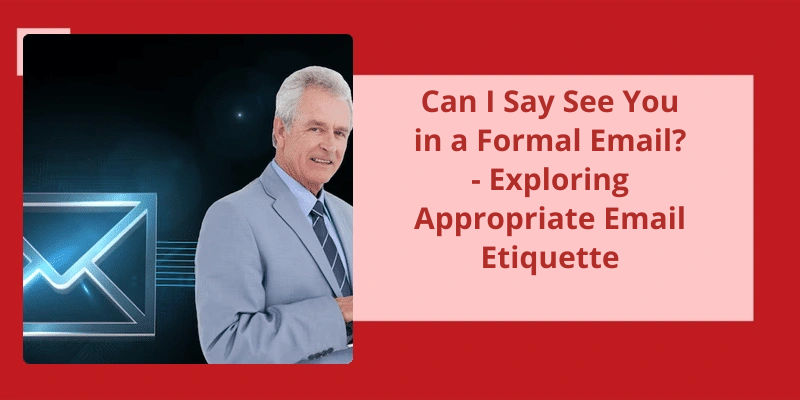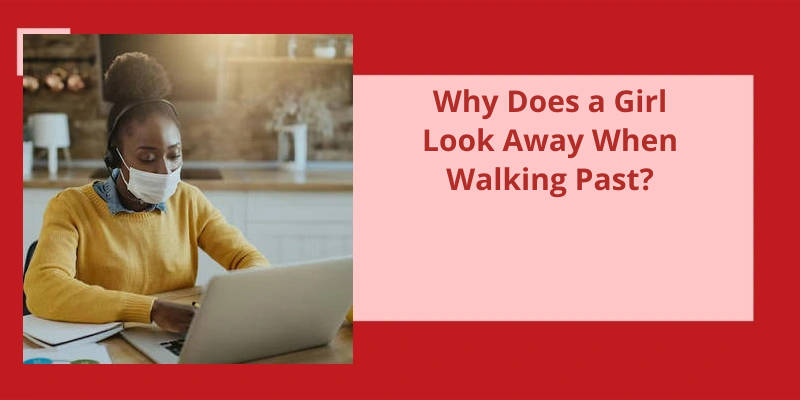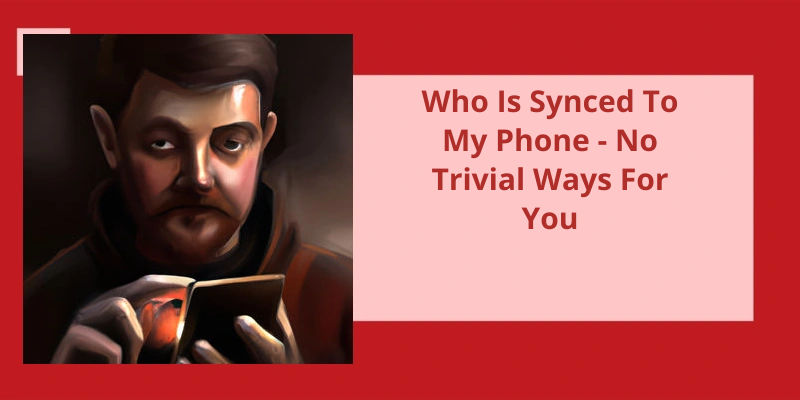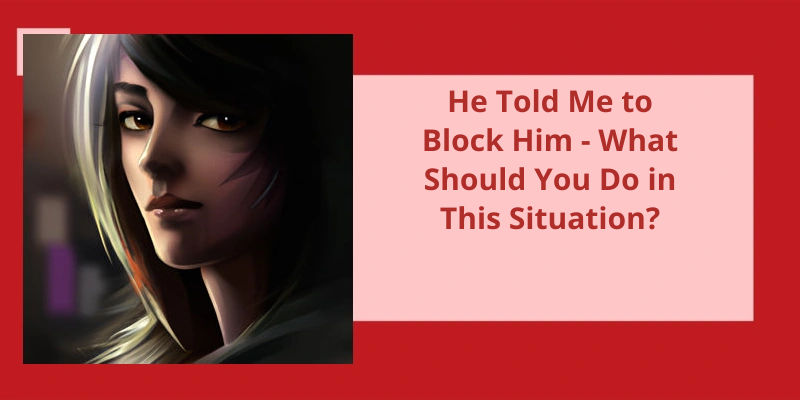In today's age of digital communication, it can be difficult to determine the appropriate tone and level of formality for business emails. When it comes to closing phrases, many people wonder if it’s acceptable to use the colloquial and casual "see you" in a professional setting. While it may depend on the specific nature of the email and the relationship between sender and recipient, using "see you there" or "see you then" can be perfectly acceptable and professional. It strikes a balance between formality and familiarity, making it a versatile option for many circumstances. However, for those who prefer a more traditional and formal approach, "I look forward to seeing you there" can be a suitable alternative. Ultimately, the key is to consider the context and choose a closing phrase that best reflects the tone and purpose of the email.
Is See You Then Polite?
The phrase see you then is often used as a casual way of saying goodbye or indicating that you’ll be meeting with someone at a later time, but is it considered polite? The answer isn’t straightforward, as it largely depends on the context in which it’s used.
However, in more formal contexts, such as professional settings or when dealing with someone you don’t know very well, it may be seen as too informal or even rude. In these situations, it’s better to use more formal expressions such as I look forward to seeing you or Until next time. This can help to convey a greater sense of professionalism and respect for the other person.
It’s important to remember that politeness isn’t just about the words we use, but also about the tone and context in which we speak. In some circumstances, using a more formal expression may not be enough if our tone of voice or body language suggest a lack of respect or courtesy. Therefore, it’s important to be mindful of our overall demeanor and conduct when communicating with others.
Another factor to consider is the relationship between the people involved. For example, if you’re meeting with a close friend or family member, see you then may be perfectly appropriate, as the level of formality isn’t as important in these types of relationships. However, if you’re meeting with a business associate or potential client, it’s best to err on the side of caution and use more formal language.
While see you then isn’t inherently impolite, it’s appropriateness depends on the context in which it’s used. As with any form of communication, it’s important to consider the other persons perspective and to choose your words and tone carefully in order to convey respect and professionalism. By doing so, you can ensure that your interactions are positive and productive, regardless of the situation.
It’s important to strike the right tone when ending an email. While “see you soon” can be a friendly and casual way to end a message, it may not be appropriate for all situations. Consider the context and your relationship with the recipient before choosing your email sign-off.
Can You End an Email With See You Soon?
When ending an email, it’s important to consider the nature of your relationship with the recipient. If youre writing to a close friend or colleague, using the phrase see you soon is appropriate and can contribute to a warm and friendly tone. This is especially true if youre someone who communicates with this person regularly, as it signals that youre looking forward to your next conversation or meeting.
That being said, there are instances where see you soon would be inappropriate. For example, if youre writing a formal email to someone youve never met, or to someone higher up in your organization, using a more professional sign-off would be more appropriate. Striking a balance between being friendly and professional is key in these situations, so ending with best regards or sincerely would be more fitting.
Ultimately, the decision to use see you soon or another sign-off should be made based on your intuition about the relationship between you and the recipient. If youre unsure whether the person would appreciate a more casual tone, erring on the side of professionalism is always a safe bet.
In addition, it’s worth mentioning that different cultures may have different expectations around email etiquette. For example, in some countries, it’s customary to end an email with a longer, more formal sign-off than you might use in the United States. Taking the time to research cultural differences in communication can help ensure that youre sending appropriate messages.
Other Email Sign-Offs to Consider Based on the Relationship With the Recipient, Such as “Take Care,” “Yours Truly,” or “Thank You.”
- Take care
- Yours truly
- Thank you
Source: Is the expression “see you soon” impolite when I send email to …
As we wind down our discussion on email etiquette, let’s take a moment to explore another commonly used phrase: “see you then”. This phrase is often used as a friendly farewell when you’ve already made plans to meet with the recipient of your email. But is it appropriate to use this casual language in a professional email? Let’s delve deeper into this topic and find out.
Is It OK to Say See You Then in Email?
When it comes to email communication, it can be tricky to strike the right tone. With so many nuances to consider, it can be challenging to know what phrases are appropriate and what may come across as too informal or even rude. One common phrase that often comes up when saying goodbye in email is “see you then.”
“See you then” is a friendly phrase that implies you’ve already made plans to meet up with the person you’re emailing. It’s typically used to wrap up the conversation and confirm a previously established meeting time or event. This can be anything from a business meeting to a casual lunch with friends.
If you’re communicating with a new client or a superior at work, you may want to opt for a more formal closing such as “best regards” or “sincerely.”
On the other hand, if you’re emailing a close friend or colleague, “see you then” may be perfectly acceptable. Ultimately, the goal is to strike a balance between professionalism and warmth, depending on the situation.
It’s also worth noting that tone and phrasing can vary by culture and regional norms. What’s considered appropriate in one context may be completely off-putting in another. If you’re unsure about what type of phrasing to use, it can be helpful to do some research or consult with a native speaker of the language you’re using.
By taking the time to consider your audience and the context of the conversation, you can find the perfect balance between professionalism and approachability.
When it comes to bidding adieu, there are a plethora of ways to say goodbye. But is “see you later” considered formal or informal? While the phrase might seem unprofessional, it’s actually a casual and acceptable way to bid farewell to colleagues, friends, and acquaintances. Let’s explore more about this common phrase and it’s appropriate usage.
Is See You Later Formal or Informal?
Language and communication have various nuances, intricacies, and subtleties that need to be considered when analyzing the appropriateness of certain words or phrases. Among these is the degree of formality. Formal language is typically used in more professional or serious contexts, while informal language is used more in casual settings. Among the many ways of saying goodbye, the phrase “See you later” is commonly used in both informal and formal contexts.
It can be seen as an easygoing way of ending a conversation or interaction without the need to communicate any undue formality. It’s often used when the parties are expected to meet or interact again in the near future, and it establishes a sense of connection and familiarity.
In these situations, it may not be seen as the most appropriate choice of words, given the formal tone that’s typically expected in these settings. However, it can still be used when the parties involved share a certain level of familiarity or have established a rapport outside of the formal context.
Another factor to consider when using “See you later” is the tone of the conversation or interaction. If the conversation has been formal or serious, the use of this phrase might come across as insincere or inappropriate. However, if the conversation has been casual or friendly, the use of this phrase would be much more appropriate, indicating a sense of familiarity and goodwill.
It’s casual nature makes it an appropriate choice among friends and family, while it’s flexibility allows it to be used in certain formal settings where a sense of familiarity and rapport have been established. As with any phrase, understanding the context and tone of the situation is crucial in determining it’s appropriateness.
When it comes to writing formal emails, choosing the right closing can be just as important as the rest of the content. While there are several options to choose from, it’s important to pick one that fits the tone of the message and the relationship with the recipient. From “Sincerely” to “Take care,” here are some common sign-offs to consider.
How Do You Say Goodbye in a Formal Email?
When it comes to writing formal emails, etiquette is everything. Saying goodbye in a professional email is an important aspect of effective communication, as it leaves a lasting impression on the recipient. One common way to end a formal email is to use the phrase “Sincerely”. This is a neutral and widely accepted sign off that indicates respect and professionalism.
Another alternative that could be used in a formal context is “Best regards”. This sign off is particularly suitable when the correspondences are between colleagues or individuals who’ve an existing relationship. It shows formality while still maintaining a friendly tone in the email.
When there’s an established level of closeness between the sender and the recipient, saying goodbye with either “Speak to you soon” Or “Thanks” is an effective way of maintaining friendliness while still being formal. You should, however, keep these casual sign offs reserved only for close acquaintances or people you know personally.
“No sign-off” is another way to end a formal email. This method isn’t recommended and should be used only in rare cases. When writing to high-ranking officials, for instance, a lack of sign-off may be more appropriate as it’s considered more professional and direct.
Yours truly, it’s a great way of writing a formal letter if youre representing a company or a business. It shows an extra level of formality and can be used interchangeably with “Sincerely”. It’s important to note that “Yours truly” sign off isn’t a commonly used sign off. If used correctly, however, it can add an extra layer of professionalism to an email.
Lastly, when writing informal emails or emails to close friends and family members, sign offs like “Take care” may be more suitable. Overall, the key to selecting the appropriate sign off is to consider the tone of the email and the relationship between the sender and recipient.
Conclusion
While it may not be the most formal option available, "See you there" and "See you then" are both acceptable alternatives that still convey a friendly, professional tone. Ultimately, it’s important to consider the specific context and relationship with the recipient when choosing how to close an email.






